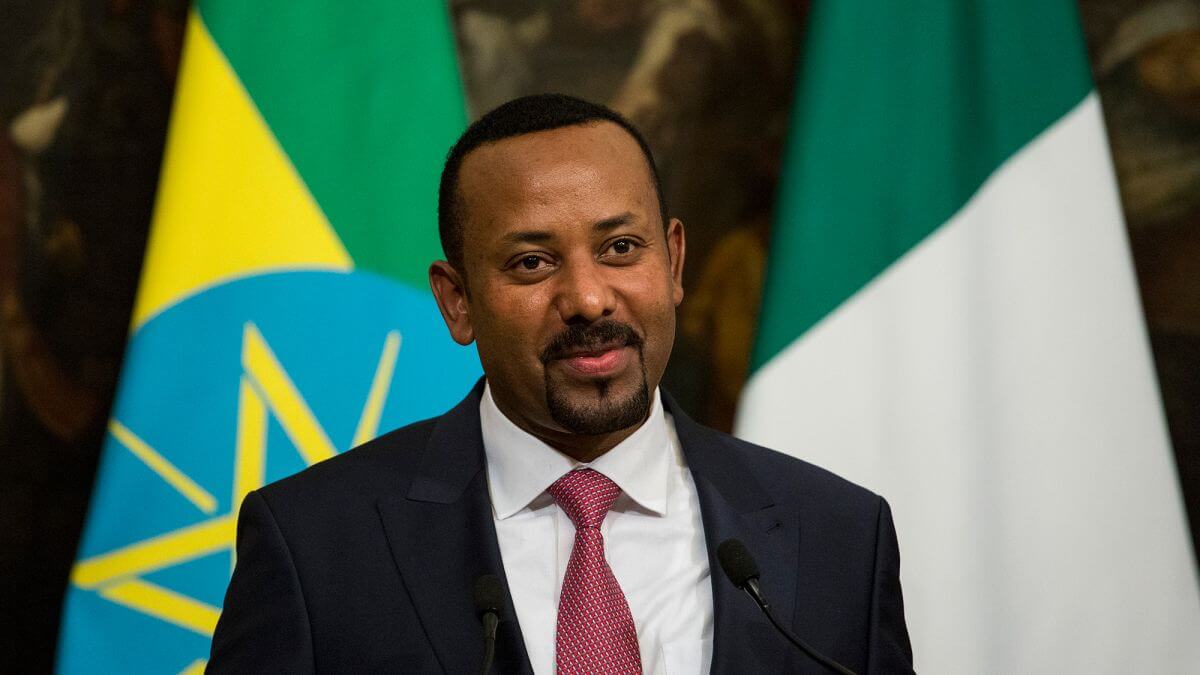As part of its latest efforts to modernize and liberalize its economy, Ethiopia is set to open up its domestic economy to Ethiopian-born foreign nationals and foreign investors.
In fact, this plan has been in the works for a while, as the bill to allow Ethiopian diaspora from across the world to invest in the country was passed back in August 2019. The bill also paved the way for foreign nationals to buy shares and establish ‘lending businesses’ in Ethiopia. However, this plan quickly unraveled, with some foreign investors that their rights to sell their shares in commercial banks were taken away.
However, these concerns have been addressed in the new plan. Ethiopian investment advisor Zemedeneh Negatu claims, “The diaspora will invest significantly in the coming years in the financial services sector since they have the legal security of ownership, unlike the past. We already see new financial services companies like mortgage banks and Fintechs under formation which now include diasporas as shareholders.”
It is hoped that this new strategy will yield a long-overdue transformation of Ethiopia’s logistics sector, which local analysts claim has impeded it from “competing globally”. For instance, the World Bank’s Doing Business report for 2020 calculated that it takes “194 hours just for documentary compliance to export and 72 hours for border compliance to trade across borders”.
In addition, the cost to export for documentary compliance stands at $750, which is three times higher than the rate in Rwanda, thus placing Ethiopia at a disadvantage compared to its regional competitors. The cost of logistics services in the country can be up to three times higher than the original price of the exported goods, thus disincentivizing local producers from exporting their goods.
The new bill also liberalizes the electricity and transport industries, which were previously under the monopolistic control of the government. Foreigners can now invest in the generation and distribution of electricity, and also in “air, railway, ground cable car transport, cold-chain transport, and marine and freight transport”.
The following sectors have also been opened up to foreign investors: advertisement and promotion services, audiovisual services, motion picture and video recording, production and distribution, and accounting and auditing services.
Nevertheless, the government is wary of local businesses and investors being crowded out by foreigners and has thus stipulated that foreign investors cannot have more than a 49% stake in local companies. Foreign investors also continue to be barred from investing in the financial sector in order to protect local banks.
Since Prime Minister Abiy Ahmed came to power two years ago, Ethiopia has placed an emphasis on engaging with its diasporic communities across the globe. In line with this goal, foreign remittances into the country have seen considerable growth over the last two years.
The plan to open the economy to foreign investors is being done in tandem with a strategy to digitally transform the country. At present, only 24% of the Ethiopian population has access to the internet, well behind several of its African peers. Thus, by liberalizing the telecommunications industry and inviting investment, it is hoped that they will be able to connect rural areas to the internet and make it more affordable at the same time.
Ethiopia is not the only country to take up a policy of inviting its diaspora to invest in the country. Kenya recently launched a diaspora investment fund, whereby the Kenyan Capital Markets Authority provides licenses to local investment firms to process foreign investments.
Ethiopia Liberalizes Economy and Invites Investment From Diaspora
Since Prime Minister Abiy Ahmed came to power two years ago, Ethiopia has placed an emphasis on engaging with its diasporic communities across the globe.
October 8, 2020

IMAGE SOURCE: CHRISTIAN MINELLI / NURPHOTO / GETTY IMAGESEthiopian Prime Minister Abiy Ahmed
